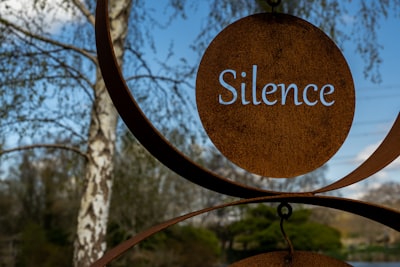The Theatre of Defence: When Silence Speaks Louder Than Argument
What does it mean when a legal defence—that sacred ritual of contest and counterpoint, where liberty and reputation hang in the balance—is distilled to the length of a television commercial break? Are we witnessing an act of supreme confidence, a tactical retreat, or a quiet admission about the shifting stage of public judgment?
Recently, a headline caught my eye: Sean 'Diddy' Combs' attorneys end their defence case after only 20 minutes. On its face, it’s a simple procedural detail in the unfolding saga of celebrity legal drama. But behind those twenty minutes lies a world of untold stories: about institutions, narratives, and the curious architecture of trust.
The Spectacle of Justice
Law has always been a theatre of sorts, with juries as audience, lawyers as actors, and the truth—however slippery—as the coveted prize. The brevity of Diddy’s courtroom defence brings to mind the question: who is this performance truly for?
It’s easy to imagine the grandstanding cross-examinations made famous by Hollywood. Yet, in reality, most legal proceedings are far less dramatic, governed by tactical silences as much as impassioned speeches. In an age where the "court of public opinion" rivals, and sometimes eclipses, the authority of the judicial system, the absence of a performance can itself become a statement.
The Power—and Peril—of Going Quiet
A defence that barely lasts an episode of your favorite show raises uncomfortable questions. Are attorneys signaling confidence in the prosecution’s weakness, or has the calculation shifted? In some high-profile cases, brevity is strategic: jurors are reminded that it is the prosecution’s burden to prove guilt; the defence need only raise “reasonable doubt.”
But outside those walls, something else is at play. Social media and news cycles rapidly turn the complex into the consumable—complicated legal strategies flattened into clickbait or hashtags. As legal scholar Sherry Turkle writes, "We want to clean up complexity, but in doing so we risk losing the very nuances that make justice possible." When the legal defence is abbreviated, the uncertainty and ambiguity inherent in law are left to be filled in by public speculation.
Historical Echoes and Modern Parallels
History offers us examples where silence, brevity, or refusing to answer has been a form of protest—or of protection. In the 1950s, during the McCarthy hearings, silence could be a shield from political persecution. In criminal trials, the right to remain silent is constitutionally enshrined, a bulwark against self-incrimination. But when the world is watching, silence can morph into an accusation from another direction—what are you hiding?
Consider also the parallel with technology and information overload today. Algorithms now sift through mountains of data to make snap judgments about everything from creditworthiness to criminal risk. But just as in the courtroom, what is omitted from the algorithmic record can be just as influential as what is present.
The Implicit Verdict
When defence attorneys rest after 20 minutes, it’s not just a matter of legal strategy—it’s a provocation to how we think about truth, advocacy, and who gets to control the narrative. In an era where the loudest voices too often drown out the measured, and where brevity can be interpreted as either boldness or weakness, we all become both jury and spectator.
Do we trust that institutions will sort signal from noise—or do we rush to fill the silence with our own stories? Perhaps the bigger question is not what happened in those twenty minutes, but how the rest of us interpret their echo.
This article was inspired by the headline: 'Sean 'Diddy' Combs' attorneys end their defence case after only 20 minutes'.

Comments
No comments yet. Be the first to comment!